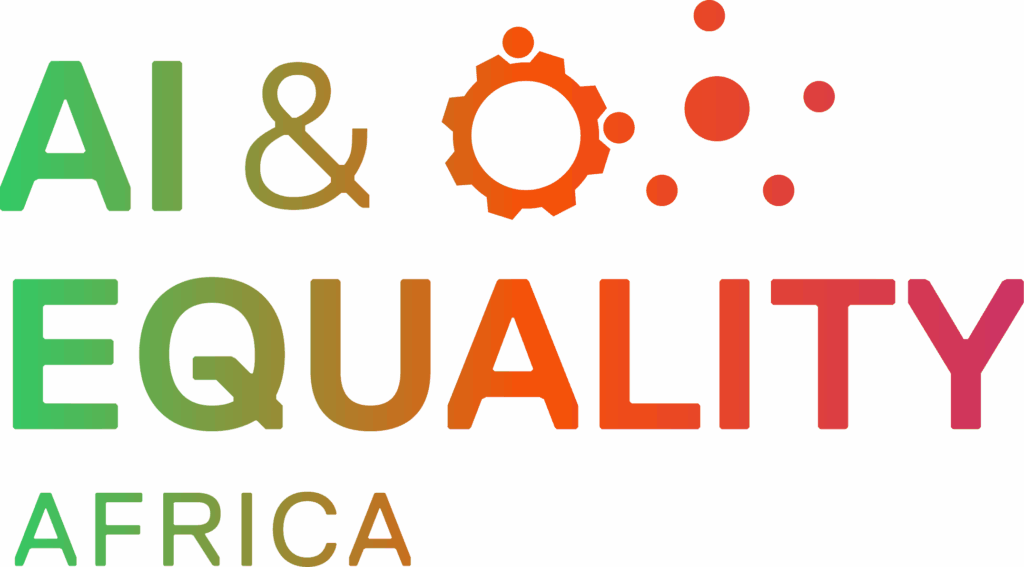The African AI & Equality Toolbox is a strategic initiative designed to empower African stakeholders—policymakers, technologists, civil society actors, and communities—to shape Artificial Intelligence (AI) systems that are contextually relevant, inclusive, and grounded in human rights.
Developed by Women at the Table and the African Centre for Technology Studies (ACTS), and adapted from the global AI & Equality Human Rights Toolbox Initiative in collaboration with the UN Office of the High Commissioner for Human Rights (OHCHR), this African iteration provides practical tools and methodologies to guide equitable AI development across the continent.
The Toolbox applies a Human Rights-based AI Lifecycle Framework, integrating reflective questions and the Human Rights Impact Assessment (HRIA) developed with the Alan Turing Institute. It emphasizes participatory, multidisciplinary approaches and is rooted in feminist, decolonial, and Justice, Equity, Diversity, and Inclusion (JEDI) principles and incorporates lessons from emerging digital rights challenges, ensuring AI systems are designed with safety and dignity at their core.
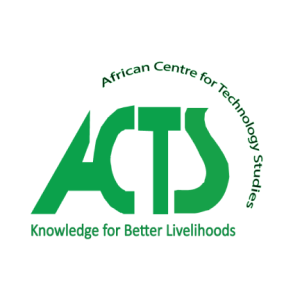
Key sectors explored include:
- Agriculture: AI tools co-designed with women farmers, addressing soil health, pest management, and access to market information.
- Health: AI-powered malaria diagnostics developed for rural Uganda, focusing on ethical data collection and equitable deployment.
- Climate: Environmental sensing initiatives using AI to monitor air and noise pollution in African cities and rural areas, with community-driven deployment and interpretation.
- Education & Language Inclusion: Projects integrating NLP for underserved African languages and Kenyan Sign Language translation technologies.
- Digital Safety: Addressing Technology-Facilitated Gender-Based Violence (TFGBV) through AI systems that detect coordinated harassment, protect vulnerable users, and work to alert platforms when there is harm.
The Toolbox serves not only as a resource but as a platform for action—aiming to build African capacity in AI governance, foster interdisciplinary collaboration, and ensure AI advances rights, dignity, and local priorities. It represents a shift from importing Global North models to developing African-led approaches, with communities at the center of innovation. By addressing both opportunities and risks across sectors, the Toolbox ensures AI development considers the full spectrum of human rights impacts.
Initially published in September 2025, the Toolbox is a living document that invites ongoing input and iteration, with the ultimate goal of placing African perspectives at the forefront of global AI development.
Contributors
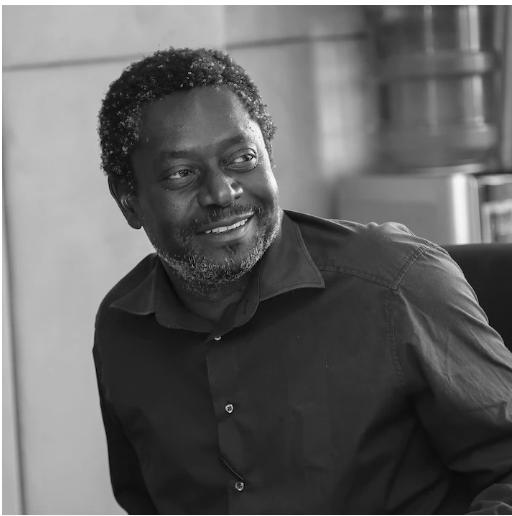
Winston Ojenge
Principal Research Fellow and Head of the ACTS AI Institute of the African Center for Technology Studies (ACTS).
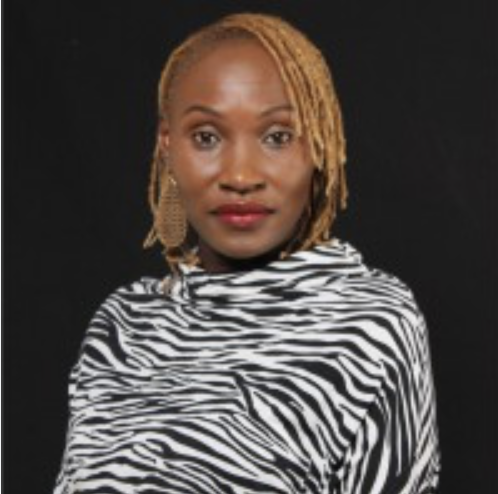
Alicia Olago
Environmental Scientist , Senior Product Manager-sensors.AFRICA
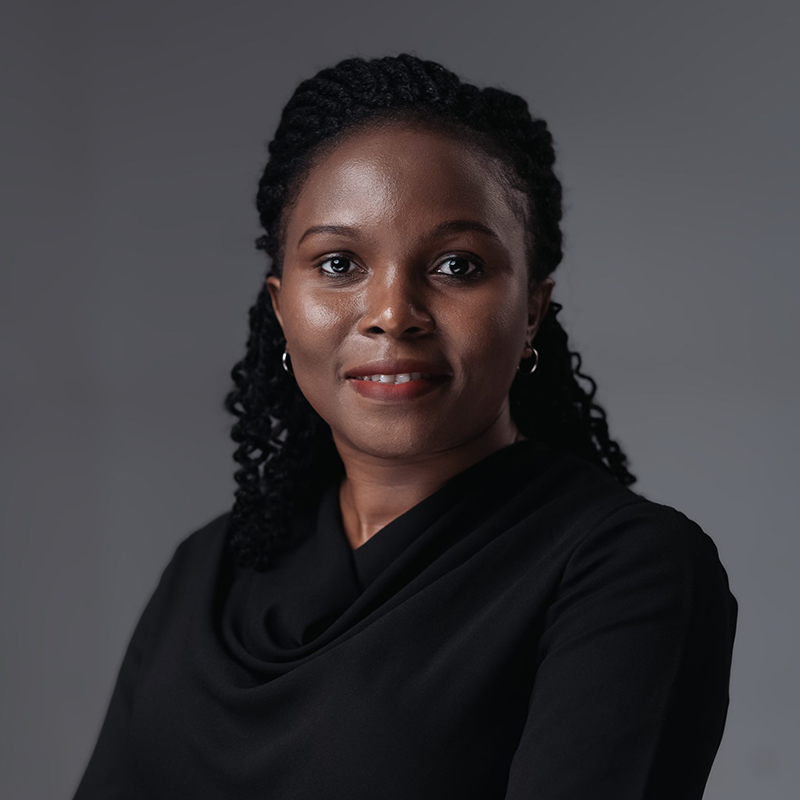
Rose Nakasi
Lecturer at Makerere University, Head of the Makerere AI Health Lab, and Google AI for Global Goals Fellow
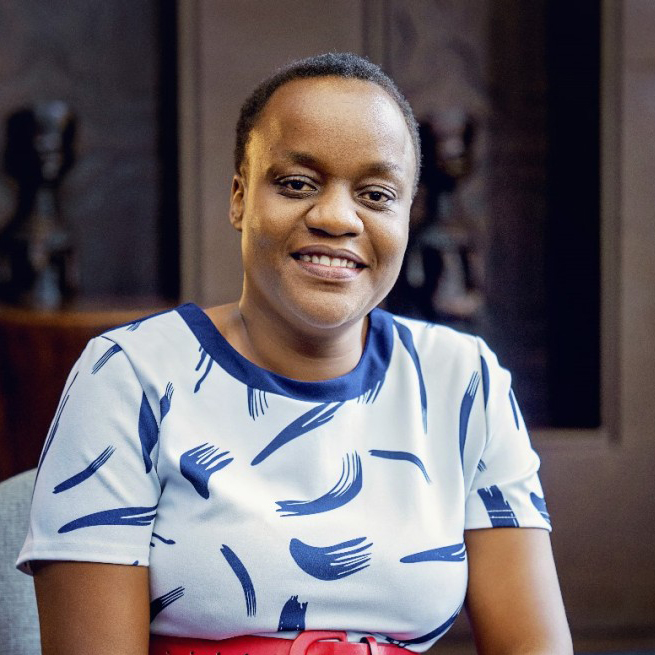
Lilian Wanzare
Research Lead, Maseno Centre for Applied Artificial Intelligence (MCAAI)
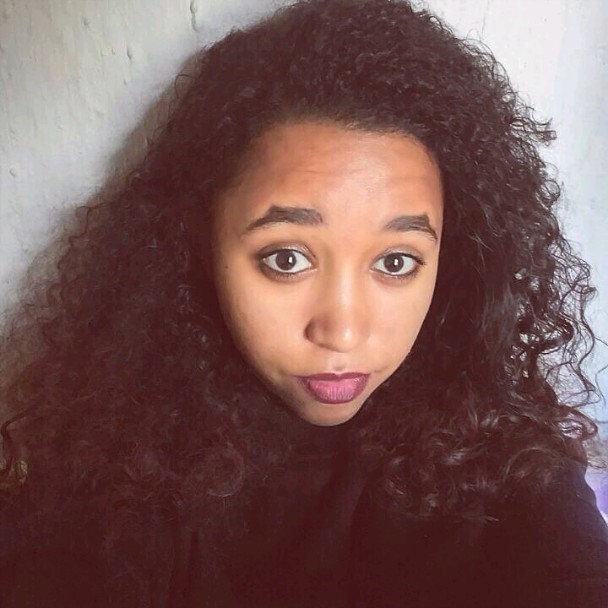
Hanna Teshager
Senior Data Analyst at Code for Africa
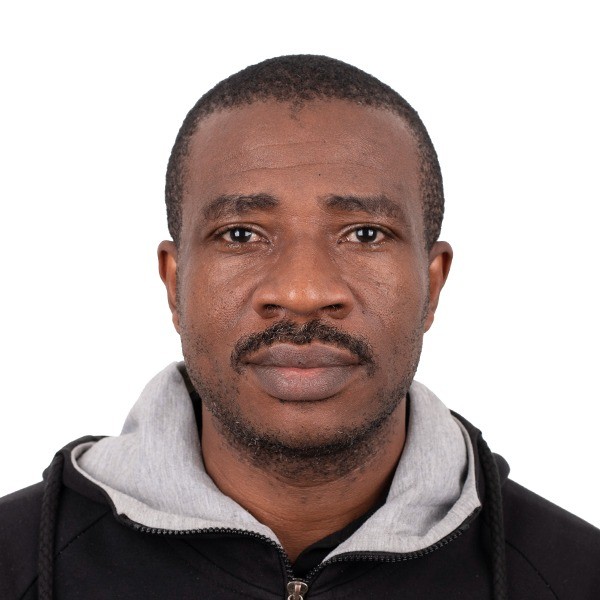
Joel Nwakaire
Professor at University of Nigeria, Nsukka, and Founder of the University of Nigeria Agri-Tech Hub
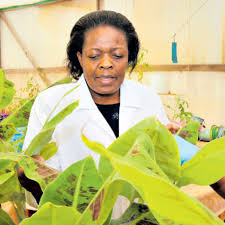
Daisy Salifu
Lead of Biostatistics Section, Data Management, Modelling and Geo-Information (DMMG) Unit at ICIPE - International Centre of Insect Physiology and Ecology, Kenya
